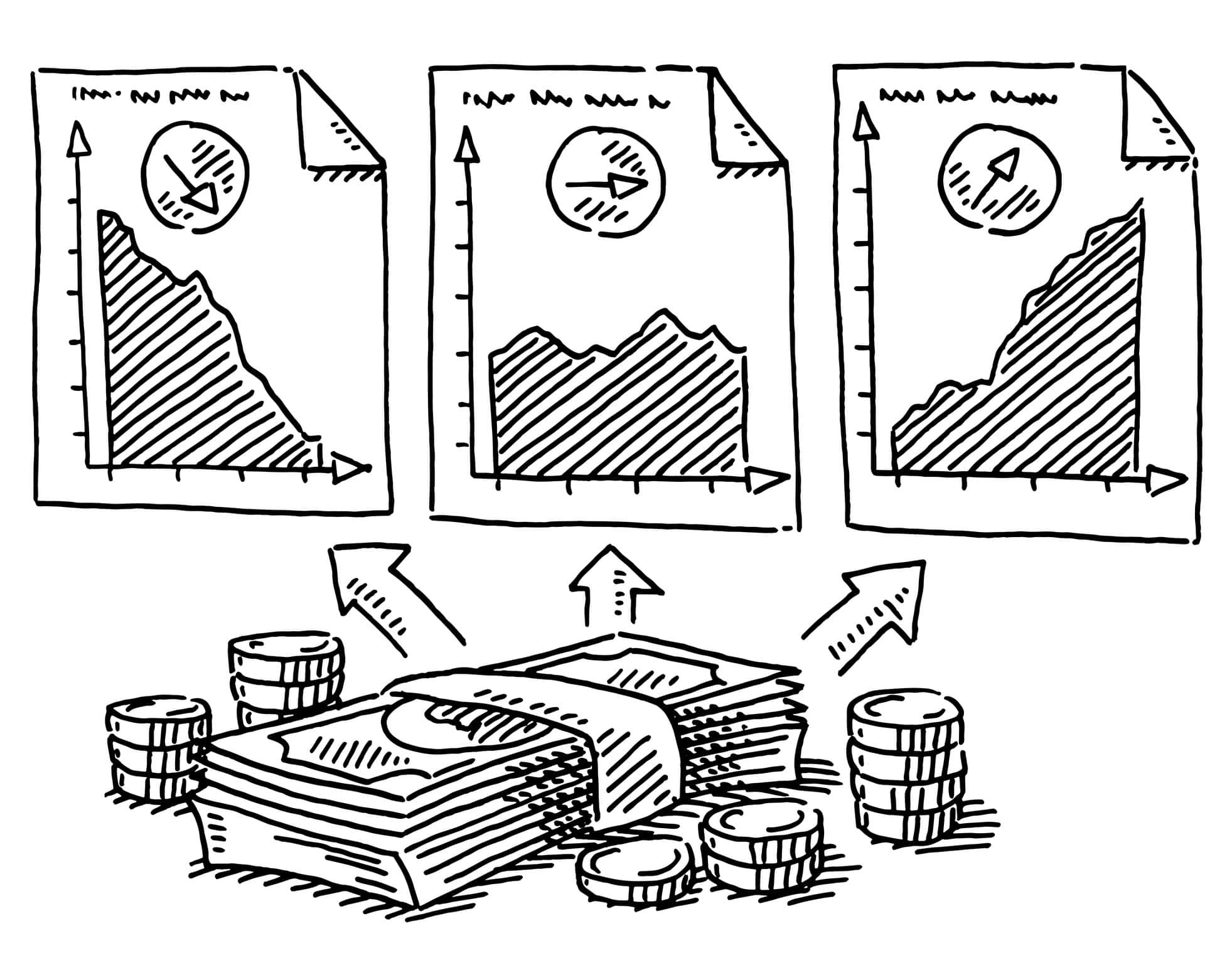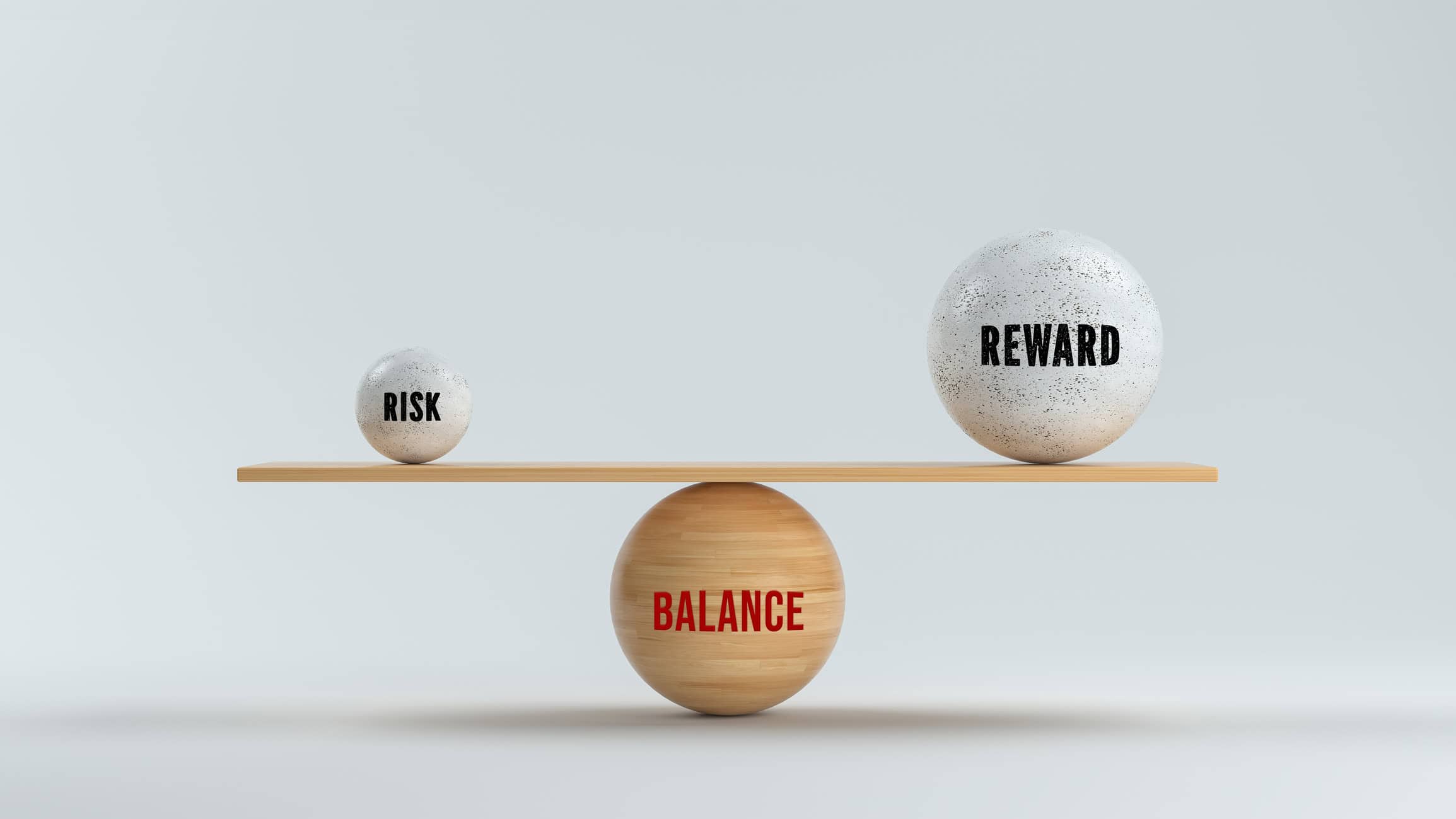
How Much Is Too Much Cash in Your Portfolio?
When it comes to building and preserving wealth, few questions are as important, or as nuanced, as how much cash you should keep in your portfolio. For long-term investors and high-net-worth individuals, a thoughtful cash allocation strategy is essential. While holding cash offers flexibility and security, excessive cash can erode your portfolio’s growth potential. So, how much is too much cash in your portfolio?
The Pros and Cons of Holding Large Cash Positions
Pros:
- Liquidity and Flexibility: Cash provides immediate access to funds for opportunities, emergencies, or lifestyle needs. It acts as a buffer during market volatility and can help you avoid selling investments at a loss.
- Psychological Comfort: Knowing you have a cash reserve can reduce anxiety during market downturns, allowing you to stick to your long-term investment plan.
- Tactical Advantage: Cash enables you to act quickly when attractive investment opportunities arise, such as market corrections or private deals.
Cons:
- Opportunity Cost: Idle cash earns little to no return compared to equities, bonds, or real estate. Over time, this can significantly reduce your portfolio’s growth.
- Inflation Risk: Inflation erodes the purchasing power of cash. Even modest inflation can diminish the real value of your holdings, especially over long periods.
- Underperformance: Historically, portfolios with excessive cash allocations underperform those with a balanced mix of asset classes.
Opportunity Cost, Inflation Risk, and Potential Returns
The most significant risk of holding too much cash is the opportunity cost. For example, while cash may yield 4–5% in a high-interest environment, equities have historically returned 7–10% annually over the long term. Bonds and alternative assets also typically outpace cash after inflation.
Inflation compounds this problem. If inflation is 3% and your cash earns 2%, your real return is negative. Over a decade, this can erode substantial wealth. Meanwhile, other asset classes not only keep pace with inflation but also offer the potential for real growth.
What Do the Experts Say About Optimal Cash Allocation?
There’s no one-size-fits-all answer to “how much cash should I keep in my portfolio?” However, most financial advisors recommend maintaining enough cash to cover 6–12 months of living expenses, plus any anticipated large purchases or commitments. For high-net-worth individuals, this might mean a larger absolute dollar amount, but not necessarily a higher percentage of the portfolio.
A 2024 Vanguard study suggests that long-term investors typically benefit from keeping 5–10% of their portfolio in cash or cash equivalents. This range balances liquidity needs with the imperative to invest idle cash for growth. BlackRock and J.P. Morgan echo similar guidance, emphasizing that excess cash should be strategically deployed to avoid long-term underperformance.
Crafting Your Cash Allocation Strategy
To develop an effective cash allocation strategy, consider the following:
- Assess Your Needs: Calculate your essential expenses, upcoming obligations, and any planned investments. This forms the baseline for your cash reserve.
- Evaluate Market Conditions: In periods of high market volatility or uncertainty, a slightly higher cash allocation may be prudent. However, avoid letting fear dictate your long-term strategy.
- Invest Idle Cash: Explore options like high-yield savings accounts, money market funds, or short-term bonds to earn better returns on your cash reserve without sacrificing liquidity.
- Review Regularly: Your cash needs will evolve with your life stage, goals, and market conditions. Revisit your allocation at least annually.
Striking the Right Balance
Holding some cash is prudent, but too much can be a drag on your portfolio’s long-term performance. The optimal cash allocation strategy balances liquidity, peace of mind, and the need for growth. For most long-term investors and high-net-worth individuals, keeping 5–10% of your portfolio in cash is a sound starting point. Regularly review your needs, invest idle cash wisely, and stay focused on your long-term objectives to ensure your portfolio remains both resilient and growth oriented.
Let Hennion & Walsh Offer a Second Opinion
Curious to learn more? Our unmatched client experience will give you peace of mind. Just as you may seek a second opinion about your health, we believe successful investors can gain value and peace of mind by getting a second opinion on their financial health. So, whether you’re worried about today’s uncertain economic environment or looking for increased peace of mind, we can help. Get a complimentary second opinion on all your investment accounts not held at Hennion & Walsh today!
Hennion & Walsh Experience
At Hennion & Walsh, every client, every individual investor, is assigned a dedicated team of investment professionals, planners, and portfolio managers, who collectively analyze your situation through the lens of their respective disciplines.
Each member brings valuable insights to apply to your situation. Whether you’re looking to meet your income needs today or stock market growth for your future, we have an expert sitting with you, helping you, and guiding you through all the scenarios to help you live the life you want.
Hennion & Walsh distinguishes itself in the investment industry with its exceptional in-house team of specialists committed to your success. Unlike other firms that rely on impersonal call centers, Hennion & Walsh provides direct access to experienced bond experts, CERTIFIED FINANCIAL PLANNER (CFP®) professionals, Chartered Financial Analyst (CFA)® charterholders, annuity professionals, and a proficient internal fixed-income trading team. Our customer service team is exceptional, ensuring that every client receives the dedicated attention and support they deserve.



